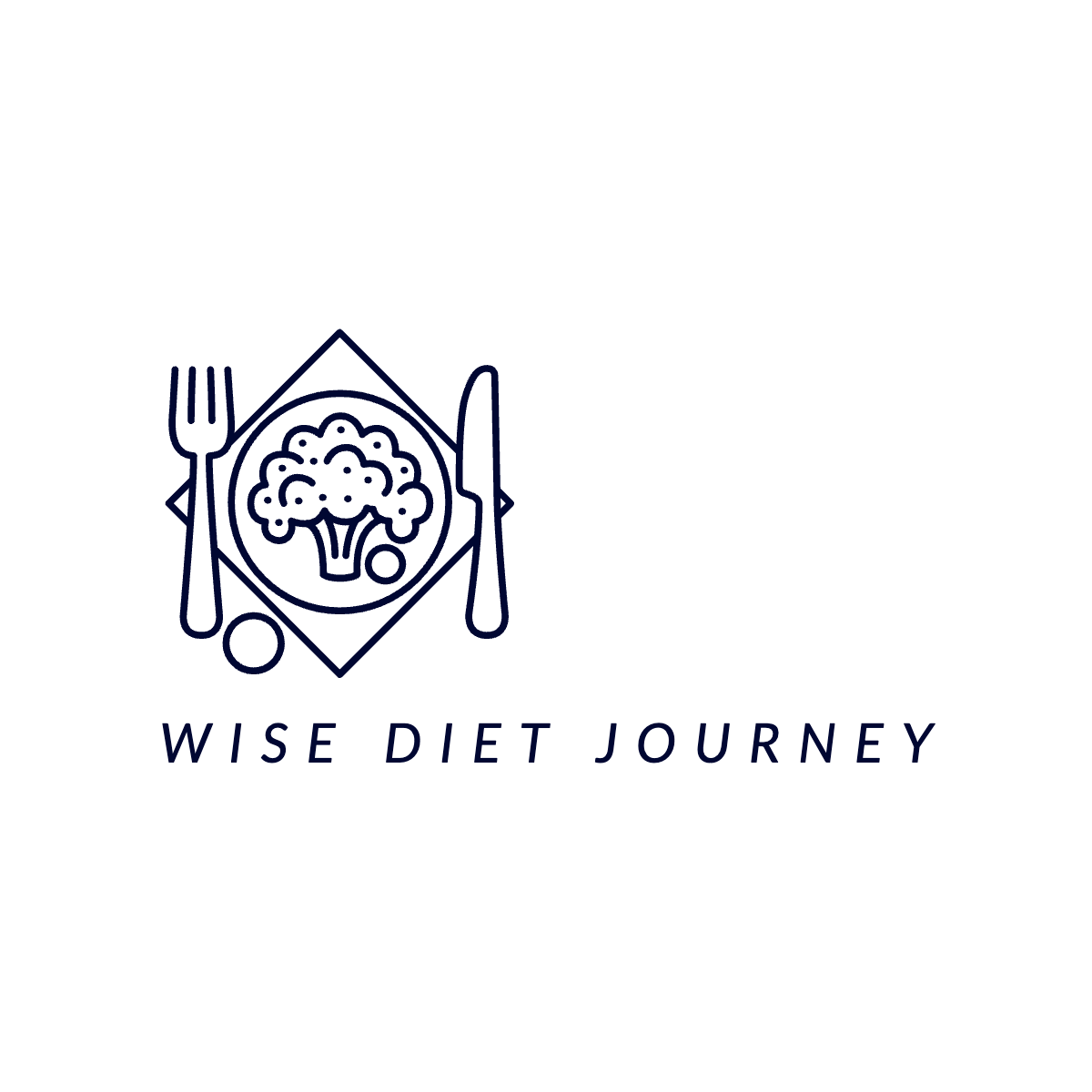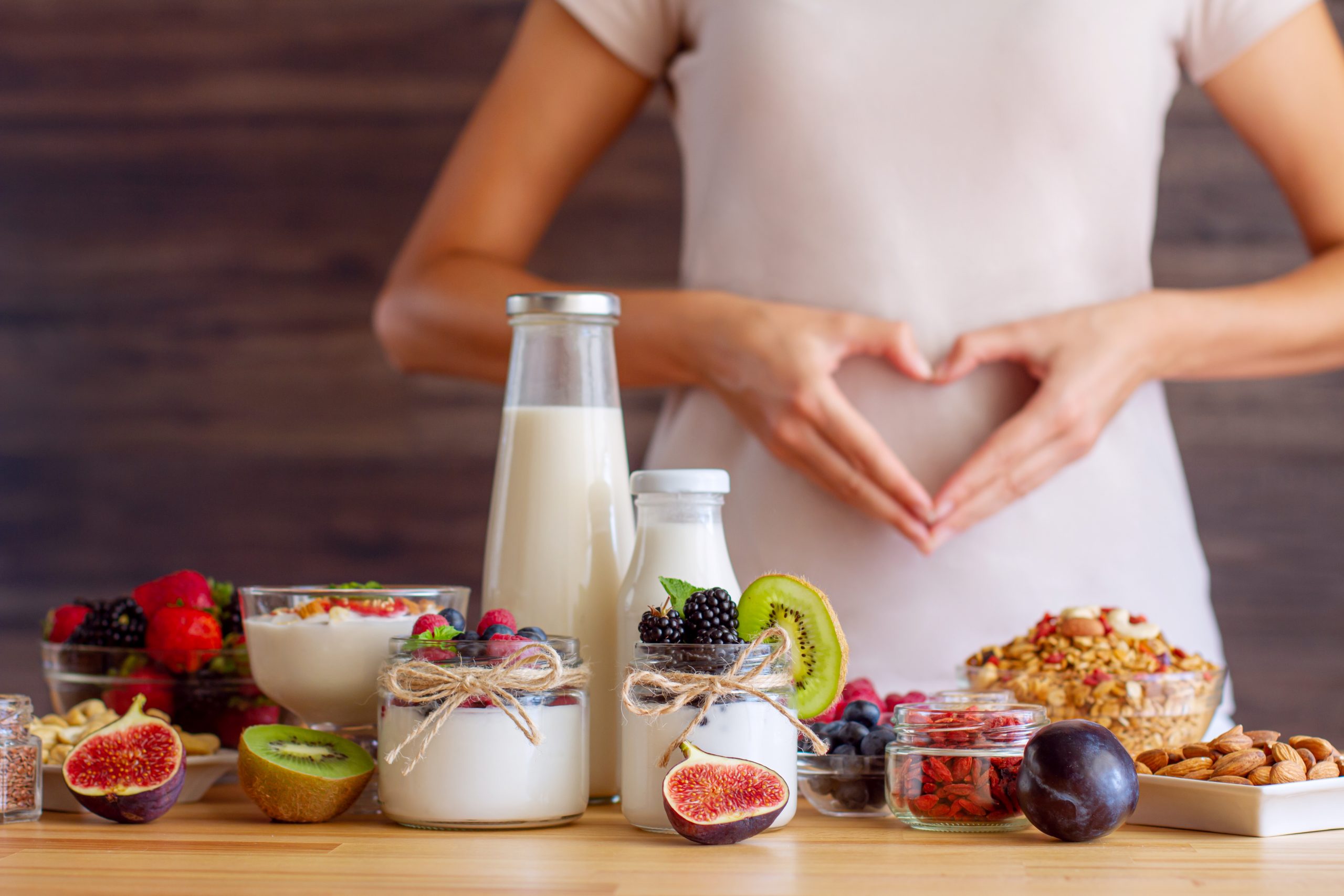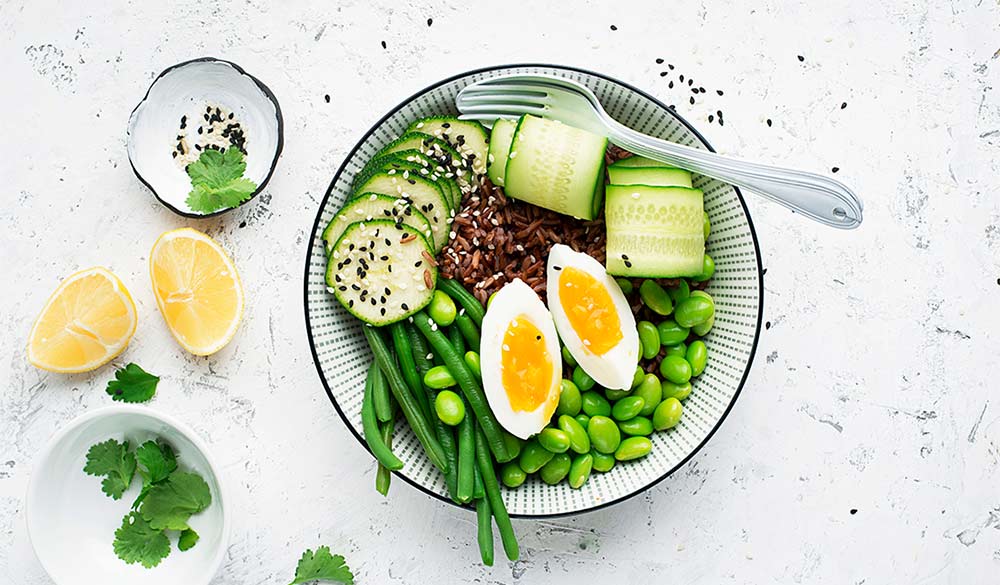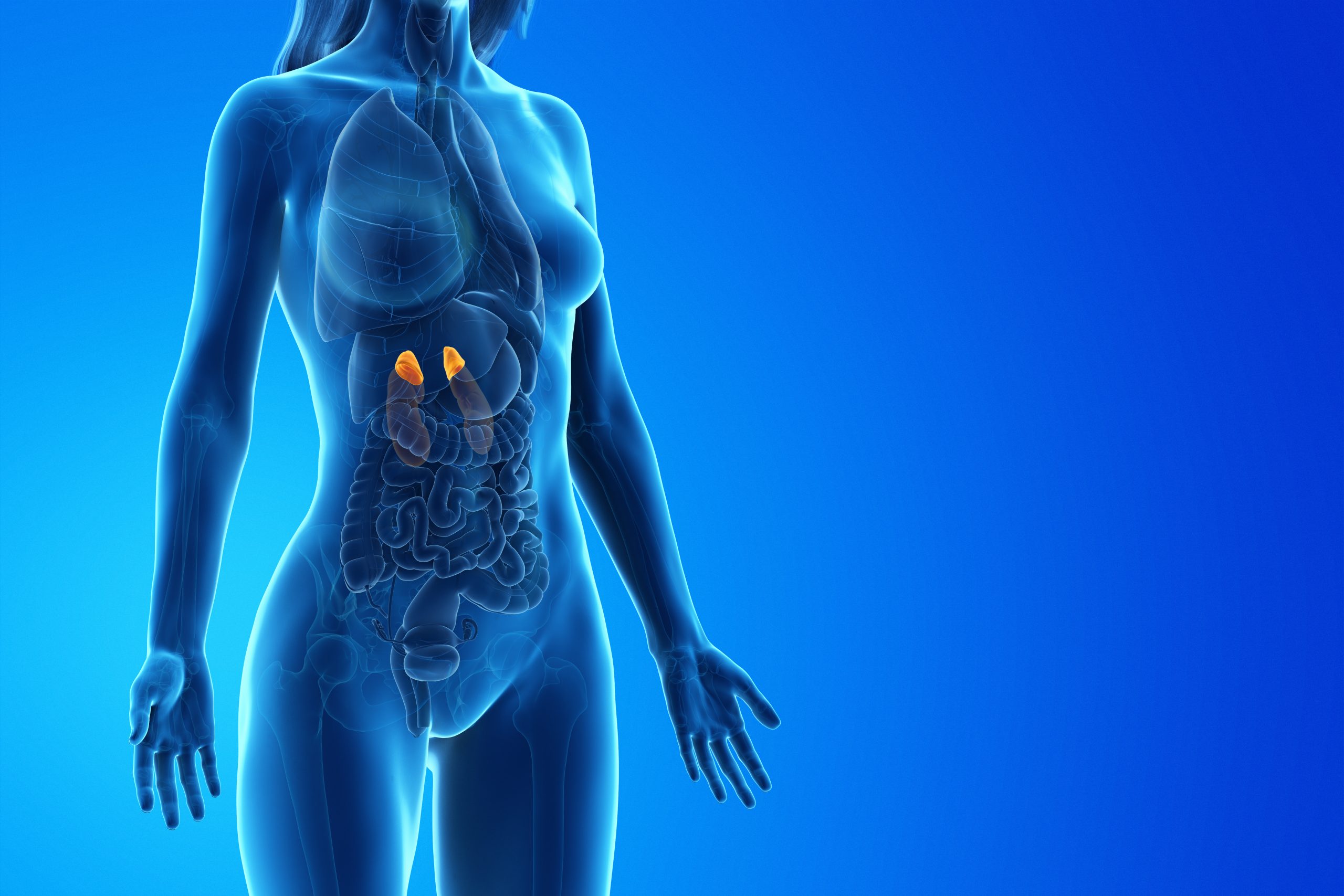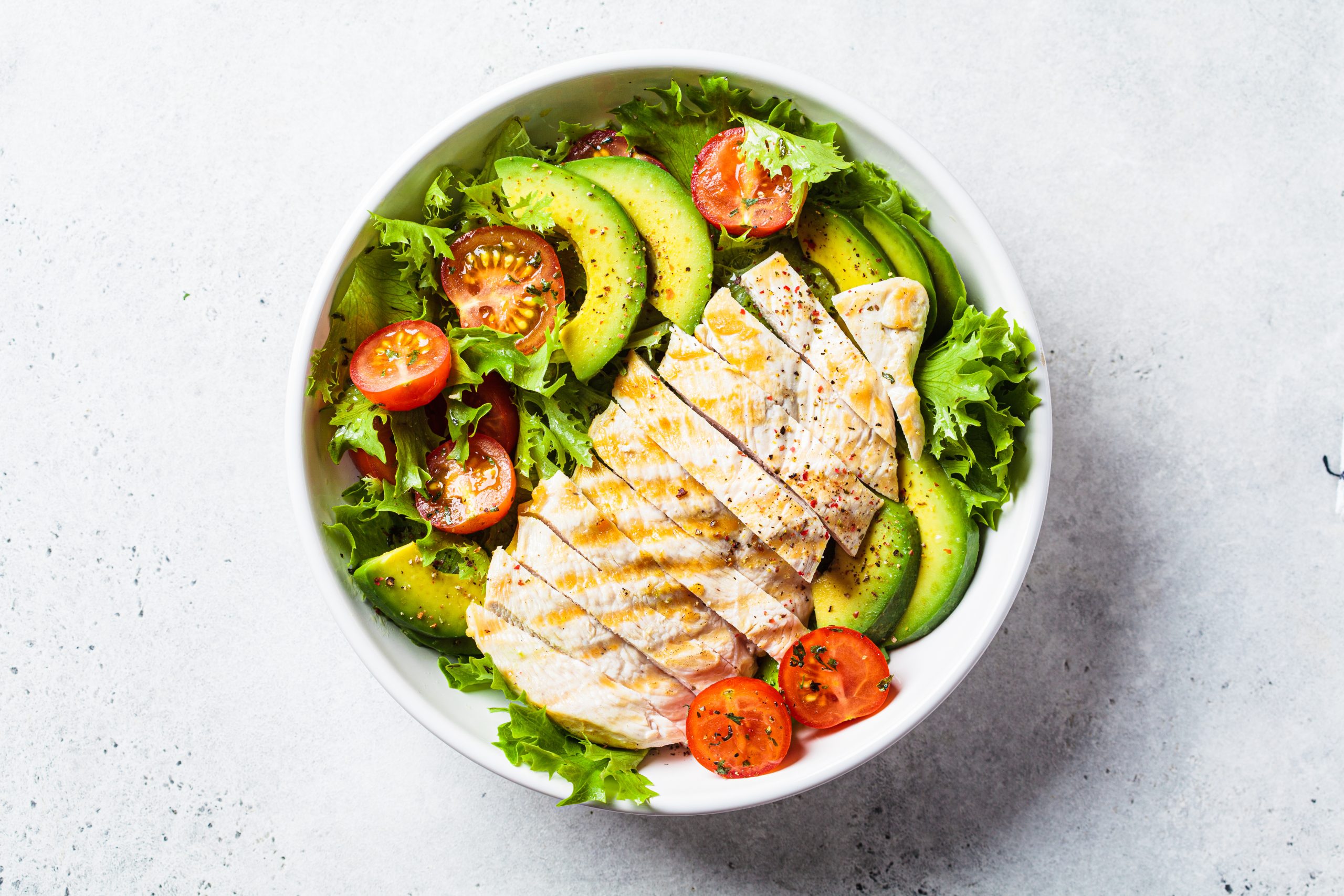Your cart is currently empty!
Protein Power: Why Women Over 40 Need More Protein
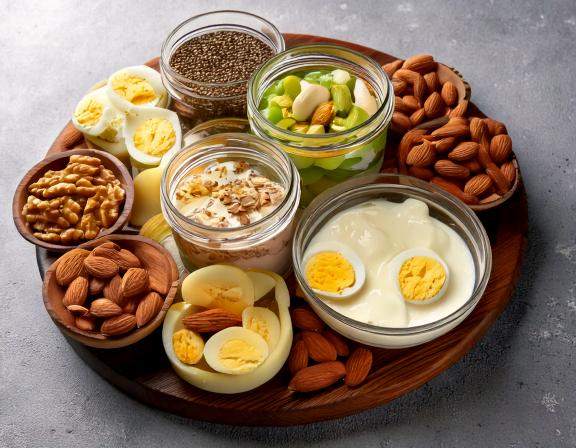
As women enter middle age, hormonal changes and a slowing metabolism can impact body composition and overall health. This is where protein comes in as a powerful ally. Protein is an essential macronutrient that plays a crucial role in numerous bodily functions, and for middle-aged women, prioritizing protein intake offers several key benefits.
Maintaining muscle mass is crucial as we age. With age, we naturally lose muscle mass, a condition known as sarcopenia. This loss of muscle can lead to decreased strength, balance, and mobility, increasing the risk of falls and injuries. Protein is essential for building and maintaining muscle mass. By consuming adequate protein, middle-aged women can help to counteract the effects of age-related muscle loss and maintain their strength and independence.
Beyond muscle mass, protein plays a vital role in supporting bone health. Adequate protein intake can help prevent bone loss and reduce the risk of osteoporosis, a condition that affects millions of women worldwide.
Protein can also be a powerful tool for weight management. Protein is more satiating than carbohydrates or fats, meaning it helps you feel fuller for longer, reducing cravings and promoting weight management.
Furthermore, protein can boost your metabolism. When you consume protein, your body expends more energy to digest and process it compared to carbohydrates or fats. This process, known as the thermic effect of food, can help you burn more calories throughout the day.
Types of Protein
There are many excellent sources of protein available. Lean meats such as chicken, turkey, and fish are excellent choices. Eggs are a complete protein source, rich in vitamins and minerals. Dairy products like milk, yoghurt, and cheese provide a good source of protein and calcium.
Legumes, such as beans, lentils, and chickpeas, are plant-based sources of protein that are also high in fibre. Tofu and tempeh, made from soybeans, are excellent protein sources for vegetarians and vegans.
Don’t forget about plant-based protein sources like nuts and seeds. Almonds, walnuts, chia seeds, and flaxseeds are all good sources of protein and healthy fats.
Tips for Increasing Protein Intake
- Start your day with protein: Enjoy a protein-rich breakfast such as eggs, yoghurt, or a protein smoothie.
- Add protein to every meal: Include a source of protein at every meal and snack.
- Snack smart: Choose protein-rich snacks such as nuts, seeds, Greek yoghurt, or hard-boiled eggs.
- Experiment with protein powders: Protein powders can be a convenient way to increase protein intake.
- Consult a dietitian: A registered dietitian can help you create a personalised meal plan that meets your individual needs and dietary preferences.
By prioritising protein intake, middle-aged women can support their overall health, maintain muscle mass, and enjoy a vibrant and active lifestyle.
Disclaimer: The information provided in this blog post is for informational purposes only and should not be considered medical advice.
Always consult with a healthcare professional before making any changes to your diet or lifestyle.

